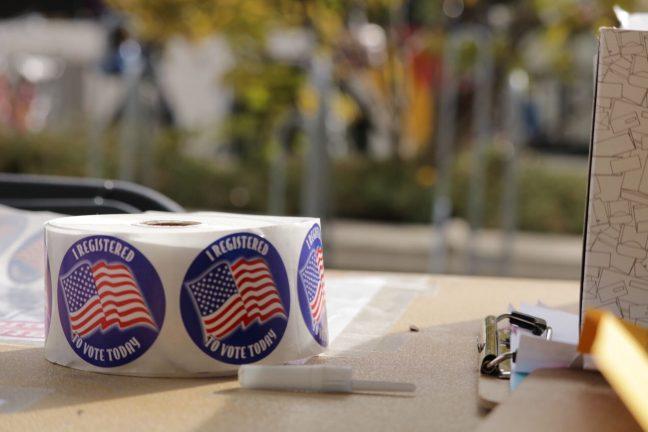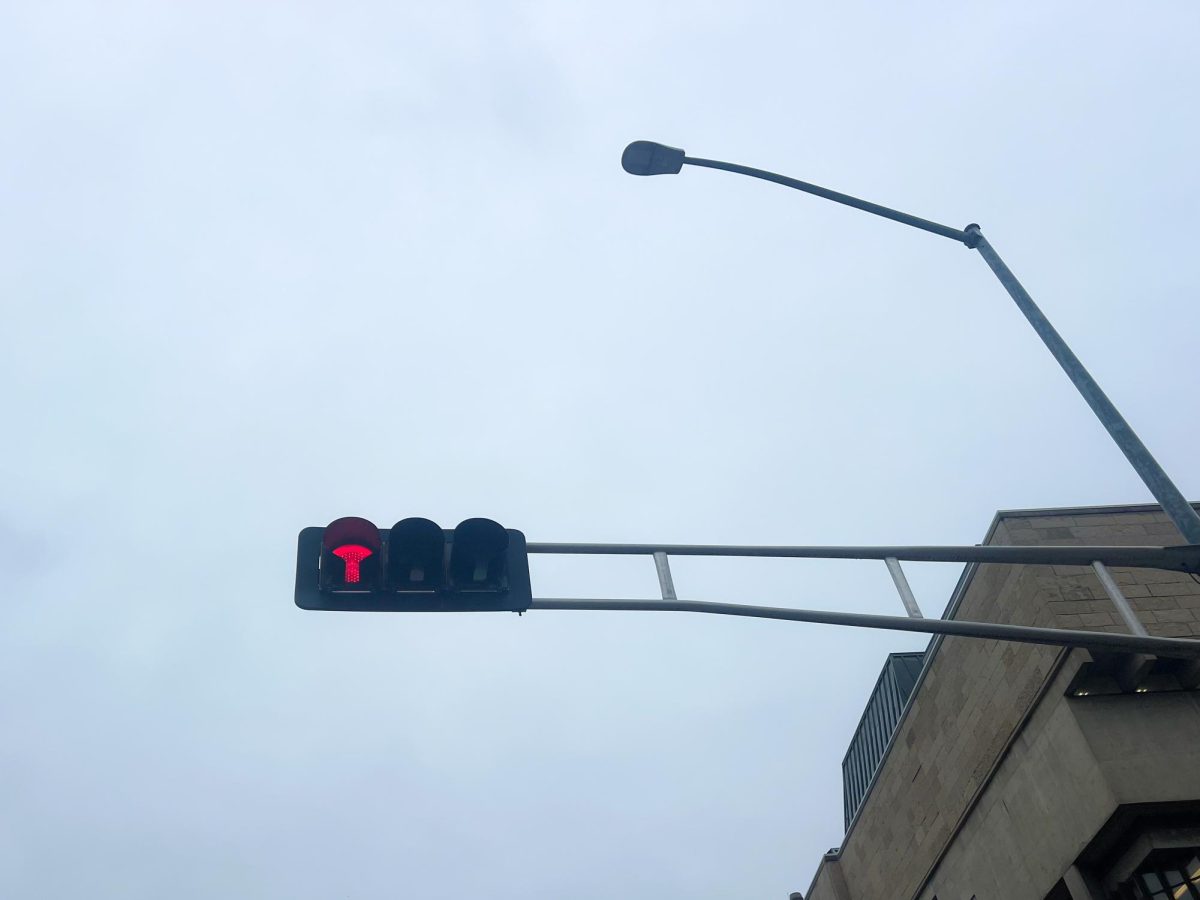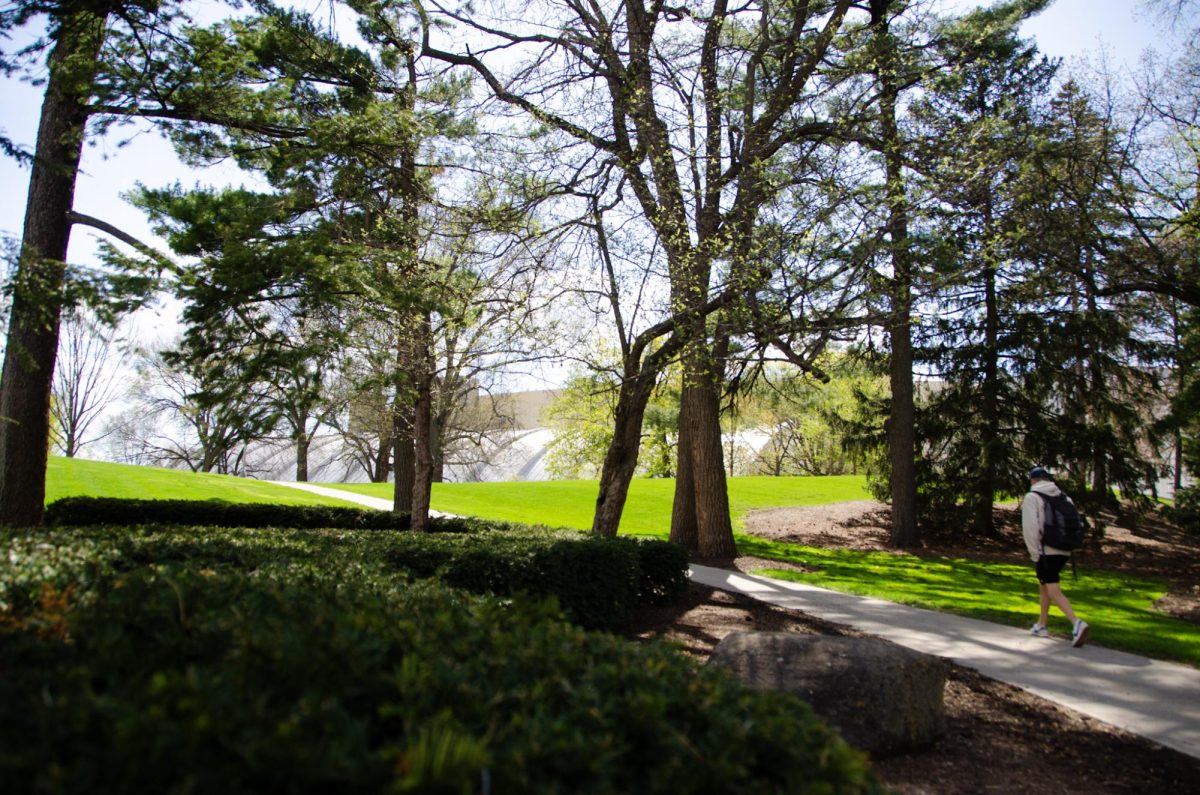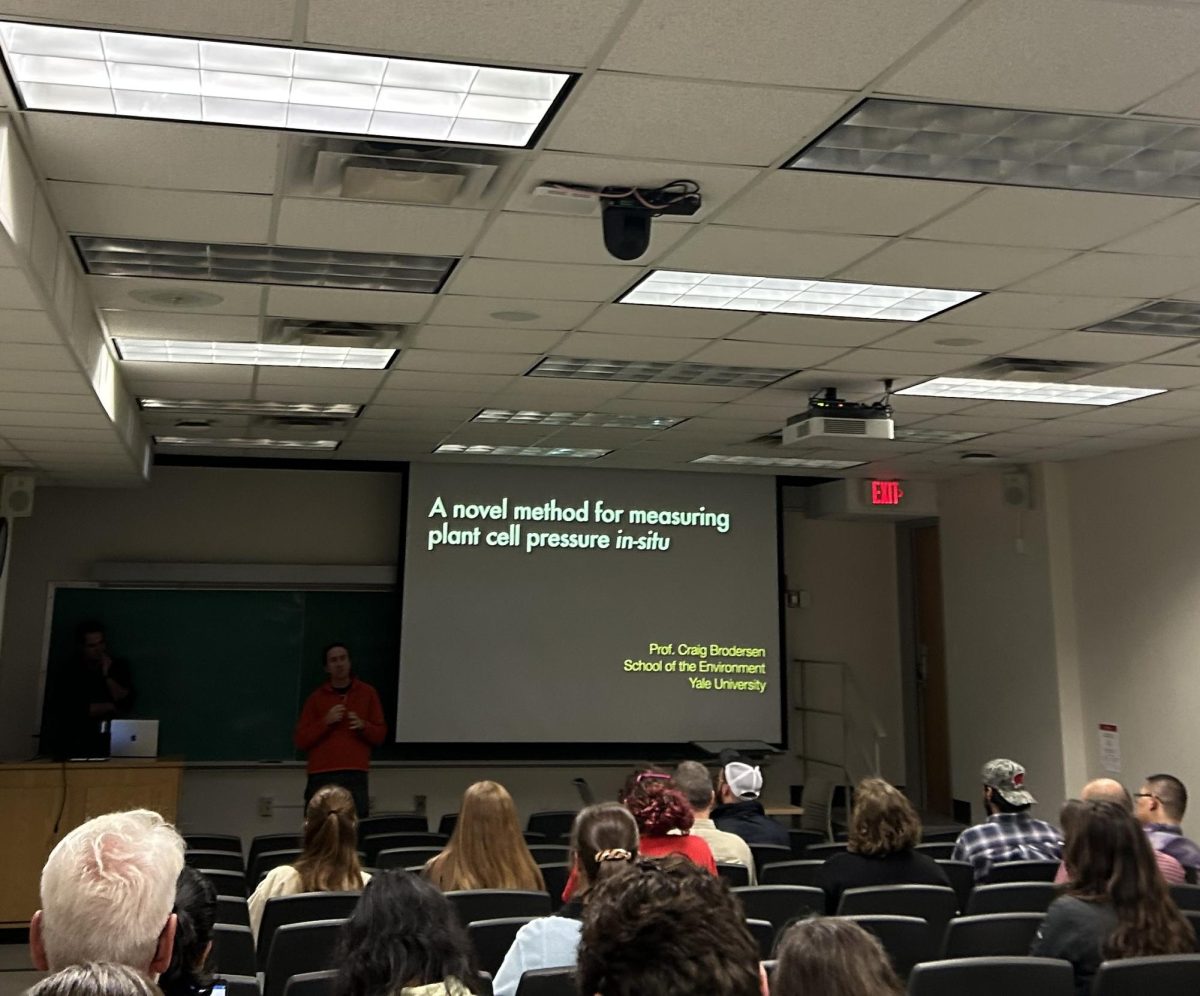Wisconsin’s 2023 spring general election will take place Tuesday, April 4.
The election will decide several key nonpartisan positions such as Supreme Court Justice, mayor of Madison and local municipality positions such as alderpersons for the Common Council. Here is what to know about voting ahead of the election.
Day-of registration is available on election day. To register, voters will need to bring proof of residence, such as a residential lease, a utility bill, a paycheck or a Voter Enrollment Verification Letter from the Office of the Registrar. A photo ID is also required, regardless of if you are registering day-of or not. Valid forms of photo identification include a Wisconsin driver’s license, a U.S. passport, a Tribal ID or a campus-issued voter ID card from the Wiscard office.
Voters must vote at their designated polling place on election day, which can be found here.
Gloria Reyes and incumbent Satya Rhodes-Conway are on the ballot for Madison Mayor. Reyes is a former officer for the Madison Police Department, deputy mayor and Madison School Board President. Rhodes-Conway was elected mayor in 2019 and previously served as an alderperson.
Exotic animal surrender event offers opportunity for Madison residents to rehome exotic pets
MGR Govindarajan and Charlie Fahey are running for alderperson for District 8, which makes up most of the University of Wisconsin campus. Govindarajan and Fahey are both students at UW.
Running for District 4 alderperson, located southwest of the State Capitol are incumbent Mike Verveer and Maxwell Laubenstein. Verveer has held the position since 1995. Laubenstein is a UW student.
Running for District 2 are current District 8 Alder Juliana Bennett and Colin Barushok. District 2 is located northwest of the state capitol near Langdon St.
This election is considered particularly high-stakes because it will determine whether the majority of the State Supreme Court is liberal or conservative.
On the ballot for Justice of the Supreme Court are Janet Protasiewicz and Daniel Kelly. Although the election is nonpartisan, Protasiewicz is considered a liberal candidate and Kelly has described himself as a judicial conservative.
There are six referendum questions on the Dane County ballot — three state of Wisconsin questions, two county questions and one municipal question. The first two state questions are constitutional amendments relating to how the state sets bail conditions. The third question is a non-binding referendum to gauge input on welfare benefits. A guide to these three questions can be found here.
The two Dane County questions are non-binding and address redistricting legislative and congressional districts and a right-to-privacy amendment. A more in-depth explanation of these questions can be found here.
Finally, the last referendum question, specific to Madison, asks whether Common Council terms should be changed to staggered two-year terms.
Madison Rally for Our Rights shows local support of reproductive freedom
More information about voting can be found at MyVote Wisconsin.













